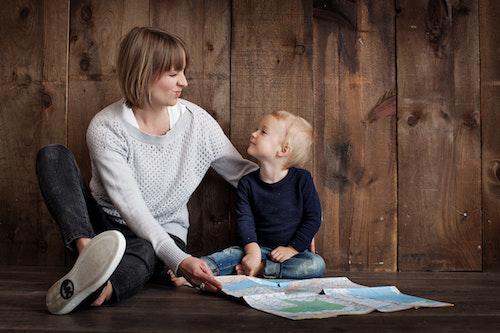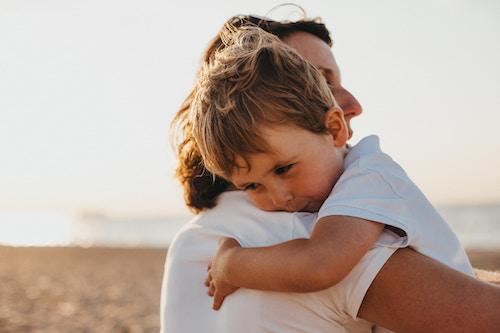Estimated reading time: 3 minutes
Between the ages of three and five years is a special time where children learn to develop emotionally through interactions with adults and through play with other children. If children are not supported to freely grow and develop emotionally, it is more difficult for them to develop emotional mastery as adults.
Overall, from birth and from six to eight years of age, it is natural for children to learn about compassion, forgiveness, kindness and empathy. This gives them a wonderful foundation for the rest of their lives. Of course, this is an ongoing journey; however, ideally, it begins at the earlier stages of their development. Our children are designed to master this phase early on, as it aligns with their brain development and is a natural process if we allow it to happen.
Nurturing environments, particularly from prenatal to six years of age, are essential for healthy brain development. The basic architecture of the human brain is constructed through an ongoing process that begins before birth and continues into adulthood. Like the construction of a home, the building process begins with laying the foundation, framing the rooms, and wiring the electrical system in a predictable sequence. Early experiences literally shape how the brain is built; a strong foundation in the early years increases the probability of positive outcomes, while a weak foundation increases the odds of later difficulties (Alberta Family Wellness Initiative).
If we do not give the child love and support to experiment and grow emotionally, it is possible that the child will start to shut down or cut off from others, finding it more difficult to develop socially. This is what happens when an adult has a great intellectual ability and poor emotional skills. With the correct support and respect given to a child’s age-appropriate emotional development, it is possible for a child to be both intellectually and emotionally evolved as an adult.

In a world that has become so competitive, some parents push their children to get that extra academic edge, expecting that they can read and write before they begin school. This comes at the cost of other skills, which are so important and fundamental to our world opening and expanding in a loving and sustainable way.
When children are born, their brains are already hardwired by genetics, innate chemicals, and their experiences inside the womb. They then spend the next two years growing their brain: with their neurons sprouting dendrites to send and receive signals with other parts of the brain at a rapid rate. By the time children are two, the number of neural connectors inside their brain essentially reaches its maximum. They then spend the next decade cutting them down, depending on what is used, how they are used, and what they don’t use at all.
The process of “learning” in a young brain, therefore, doesn’t mean forming new neural pathways, so much as it means figuring out what neural pathways are not needed and then getting rid of them to make the brain more efficient.
A 2002 Stanford University study indicated that for every hour we spend in front of our computers, we lose a half-hour of traditional face-to-face time—and that’s particularly important for young children who spend the first few years of their lives learning to identify and interpret subtle gestures, like a shoulder shrug or a slightly raised eyebrow. Some studies indicate that children aren’t actually forming important social skills they need.

“The brains of the younger generations are digitised, and sometimes academically hardwired from toddlerhood, often at the expense of neural circuitry that controls one-on-one people skills” (New Media and Development Communications).
Everything occurs at the right time in the right order. Do not sacrifice your child’s all-important emotional and social development for early academic development—it can come at a cost! The gifts of empathy, compassion, kindness, respect for others (with all their differences) and enabling them to form a love for learning, are some of the greatest gifts we can give our children. These are equally as important as academic performance.
To discover more about parenting and children, click here.








